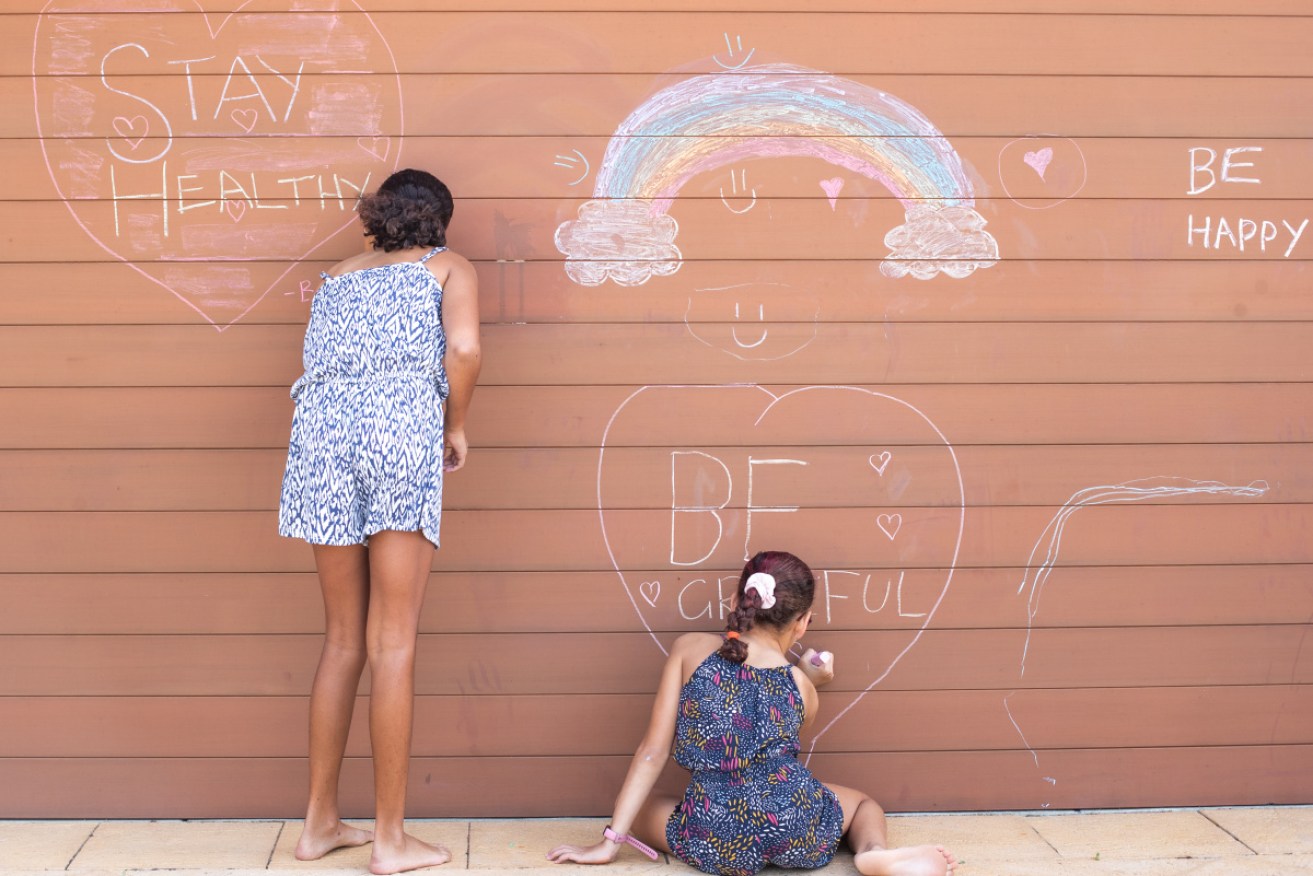Pandemic wellbeing: Take a different path and COVID-19 might not be so hard to endure


Counter-intuitively perhaps, the pandemic can provide new experiences to boost feelings of happiness Photo: Getty
On the face of it, the timing of a new study – on the relationship between the brain, pursuing a variety of activities and feeling happy – seems poorly timed.
After all, our lives have shrunk in the pandemic. There are limits – in some places strict limits – on where we can go, who we can see and even how long we can stand out on the street.
In fact, there are many opportunities to see the world anew – in ways that may seem small and not overly exciting. Partly the trick is to see yourself committing harmless rebellions against a world-changing catastrophe. We’ll get back to that.
So what is this study?
The new study from New York University (NYU) claims to have “discovered a previously unknown link between our daily physical surroundings and our sense of well-being.”
The researchers found that “new and diverse experiences boost happiness, and the effects are visible in our brain activity.”

Adding variety to your daily routine can help you feel happier. Photo: Getty
One of the co-authors, Dr Catherine Hartley, an assistant professor in New York University’s Department of Psychology, said in a prepared statement:
“Our results suggest that people feel happier when they have more variety in their daily routines when they go to novel places and have a wider array of experiences,” Dr Hartley explains.
“The opposite is also likely true: positive feelings may drive people to seek out these rewarding experiences more frequently.”
The authors cite previous studies using animal subjects which have shown similar results.
Not entirely science of the blooming obvious
To all this you might say: “Isn’t that just the old adage ‘a change is as good as a holiday?'”
This suggests that science has taken a long while to catch up with common sense. So why investigate this idea?
By examining closely what we seem to know intuitively, we start to ask different questions. What kind of change or variety are we talking about? How do they resonate and then manifest in the body as a biological or, even better, a neurological response? So is there something more reliable going on?
In the Nature Neuroscience paper, the researchers asked: Is diversity in humans’ daily experiences associated with more positive emotional states?
How did they go about it?
According to a statement from NYU, study participants in Miami were tracked by GPS for three to four months. The subjects regularly reported via text message their positive and negative emotional state during this period.
On days when the participants had more variability in their physical location – visiting more locations in a day – they reported feeling more positive, using words such as “happy,” “excited,” “strong,” “relaxed,” and “attentive.”
The scientists then investigated “if this link between exploration and positive emotion had a connection to brain activity.”
Half of the study group underwent MRI scans which showed that people for whom this effect was the strongest – “those whose exposure to diverse experiences was more strongly associated with positive feeling” – exhibited greater correlation between brain activity in the hippocampus and the striatum.
These are brain regions that are associated, respectively, with the processing of novelty and reward.
“These results suggest a reciprocal link between the novel and diverse experiences we have during our daily exploration of our physical environments and our subjective sense of wellbeing,” said Dr Hartley.
How can we relate to this in a pandemic?
In an after-note, the researchers advise they conducted the study prior to the onset of the COVID-19 pandemic and recognise “that current public-health guidelines and restrictions pose limits on movement.”
However, they note that even small changes that introduce greater variability into the physical or mental routine – such as exercising at home, going on a walk around the block, and taking a different route to the grocery store or pharmacy – may potentially yield similar beneficial effects.
To my mind, COVID-19 presents a great opportunity for people to look at the world anew, and feel good about it – happiness coloured with poignancy.
A key word in the NYU research was “exploration”. The first step becoming a more accomplished explorer is to plump up your curiosity. Hence the two videos I’ve posted here.
The second step, is to soak up a little of the strange beauty of this new world. It’s where the difference lies.
In Melbourne, where an 8pm curfew is in place, I wander the neighbourhood in the last half hour of freedom. I look at the traffic. I note that at as 8pm approaches, people begin to walk faster and there’s a different energy to what existed prior to COVID-19.
I see how we look at each other differently over the top of our masks, which in turn provide a ‘difference experience’, especially when the sun is out and the sky is clear. I think you tend to notice that loveliness more.








